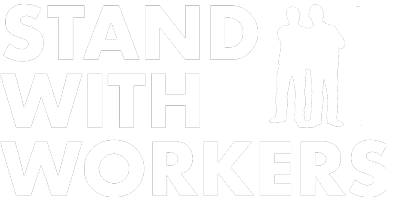March 12, 2018 –Kim Crockett, Center of the American Experiment
On Monday morning in the nation’s capital, Americans exercised their right to demonstrate peacefully on the steps of the Supreme Court. Hundreds of public employees, unions officials, and lawyers like me from all over the country, came with signs and chants to demand two very different versions of freedom.
Inside the courthouse the Supreme Court heard arguments for and against requiring public employees, as a condition of employment, to pay so-called “fair-share” fees to a union. The central legal argument in Janus v. AFSCME is simple and compelling: all public-sector collective bargaining is inherently political because it directly affects the cost, size and nature of government. Forcing employees to pay for union speech violates the First Amendment.
Mark Janus asked the Court to overrule a 1977 decision in which the Court said that public employees could not be forced to join the union but thought it was fair to force them, as a condition of employment, to cover the “administrative costs” of collecting bargaining. Otherwise, it reasoned, they would be “free-riders.” And besides, the Court said, forced-fees would appease unions and “promote labor peace.”
That terrible compromise over 40 years ago made public employees second-class citizens. The Court has forced employees to pay a ransom to government unions for decades with “fair share” fees.

